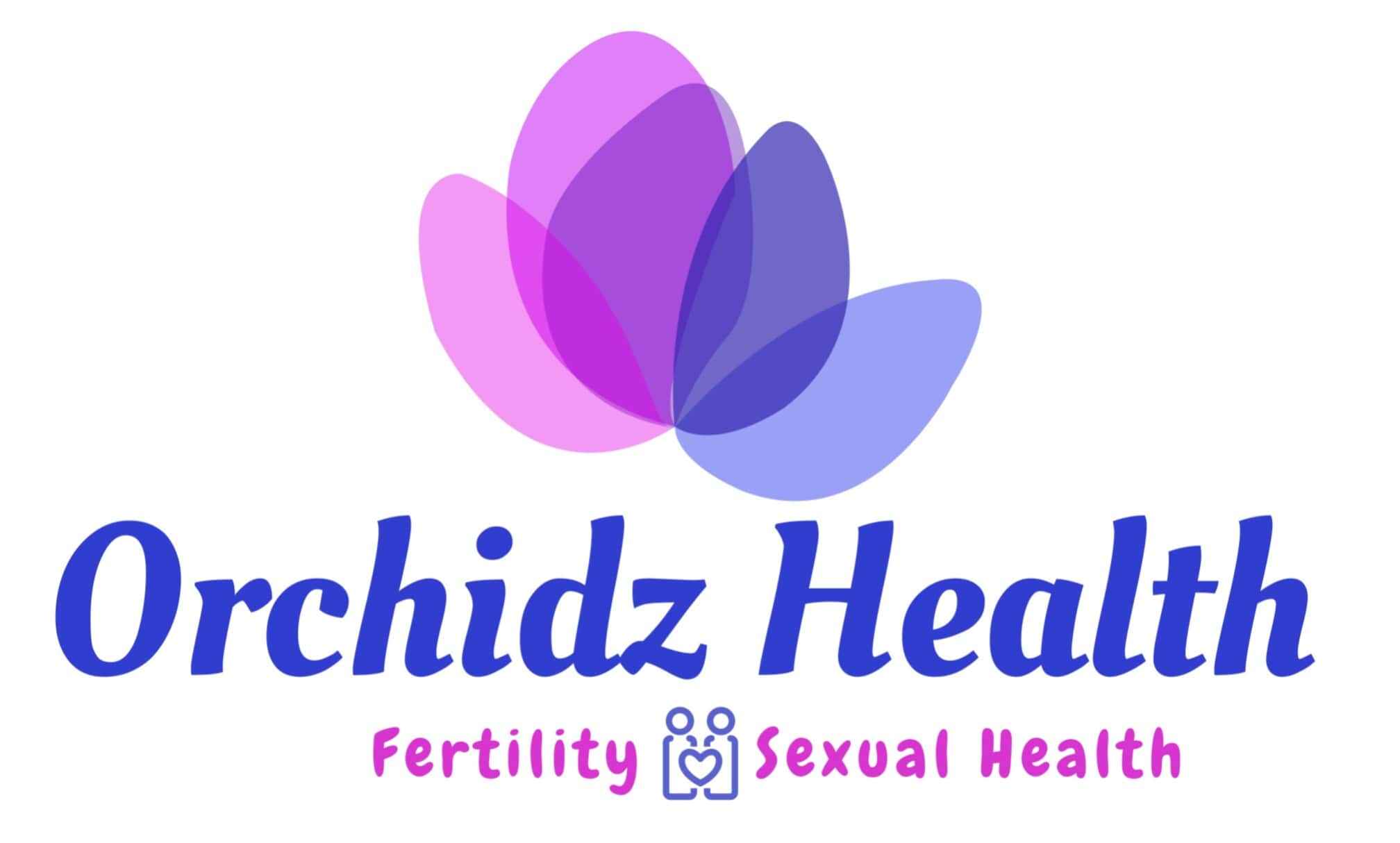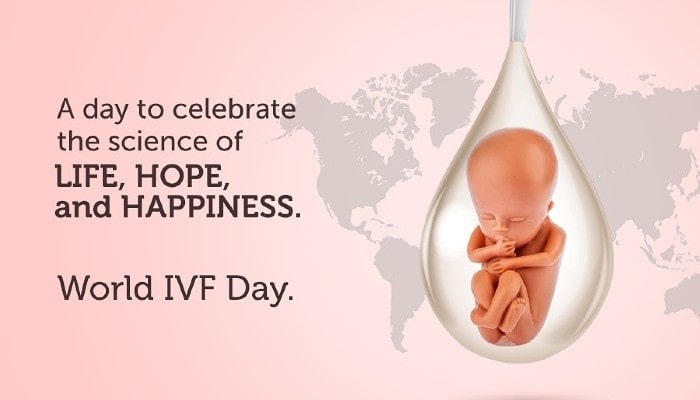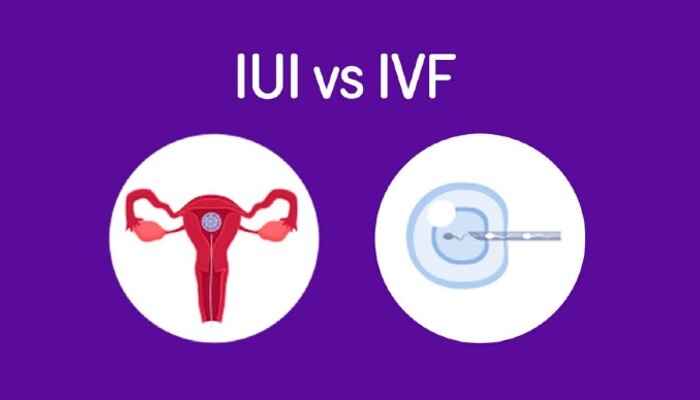Intracytoplasmic Sperm Injection

Intracytoplasmic Sperm Injection (ICSI) is a laboratory procedure used in assisted reproductive technology (ART) to treat male infertility by directly injecting a single sperm into an egg. The process of ICSI involves several steps.
ICSI is particularly beneficial when there are issues with sperm quality or quantity. It allows for more direct control over the fertilization process, increasing the chances of successful conception. Contact orchidz health for the best ICSI treatment in bangalore
Intracytoplasmic Sperm Injection (ICSI) is a laboratory procedure used in assisted reproductive technology (ART) to treat male infertility by directly injecting a single sperm into an egg. The process of ICSI involves several steps:
- Ovarian Stimulation:
Before ICSI, the female partner typically undergoes ovarian stimulation using fertility medications. This stimulates the ovaries to produce multiple eggs, increasing the chances of a successful fertilization. - Egg Retrieval (Ovum Pick-Up):
Once the eggs have matured, a minor surgical procedure known as egg retrieval is performed. A thin needle is guided through the vaginal wall to aspirate (suction) the eggs from the ovaries. This is usually done under ultrasound guidance. - Sperm Collection:
On the same day as the egg retrieval, the male partner provides a sperm sample. The sperm is then processed in the laboratory to isolate healthy and motile sperm for the ICSI procedure. - Preparation of Eggs:
The retrieved eggs are identified and carefully prepared for the ICSI procedure. The surrounding cumulus cells are removed, leaving only mature eggs. - Microinjection of Sperm:
Using a specialized microscope and micromanipulation equipment, a single, healthy sperm is selected and immobilized with a delicate holding pipette. A tiny, hollow needle (microinjection pipette) is then used to penetrate the egg's outer membrane (zona pellucida) and inject the sperm directly into the egg's cytoplasm. - Incubation and Fertilization Check:
After microinjection, the fertilized eggs (now embryos) are incubated in a controlled environment. Fertilization is checked the next day, and embryologists monitor the development of the embryos over the following days. - Embryo Transfer:
Once the embryos reach the appropriate stage of development, typically three to five days after fertilization, one or more embryos are selected for transfer to the woman's uterus. This is usually done through the cervix using a thin catheter. - Cryopreservation (Optional):
Any additional viable embryos not transferred can be cryopreserved (frozen) for future use. - Pregnancy Test:
Approximately 10 to 14 days after the embryo transfer, a pregnancy test is conducted to determine whether implantation has occurred.
It's important to note that the success of ICSI can depend on various factors, including the overall health of both partners, the quality of the sperm and eggs, Contact orchidz health for the best ICSI treatment in bangalore. The decision to use ICSI is typically made based on the specific circumstances of the couple after a thorough fertility evaluation.

































